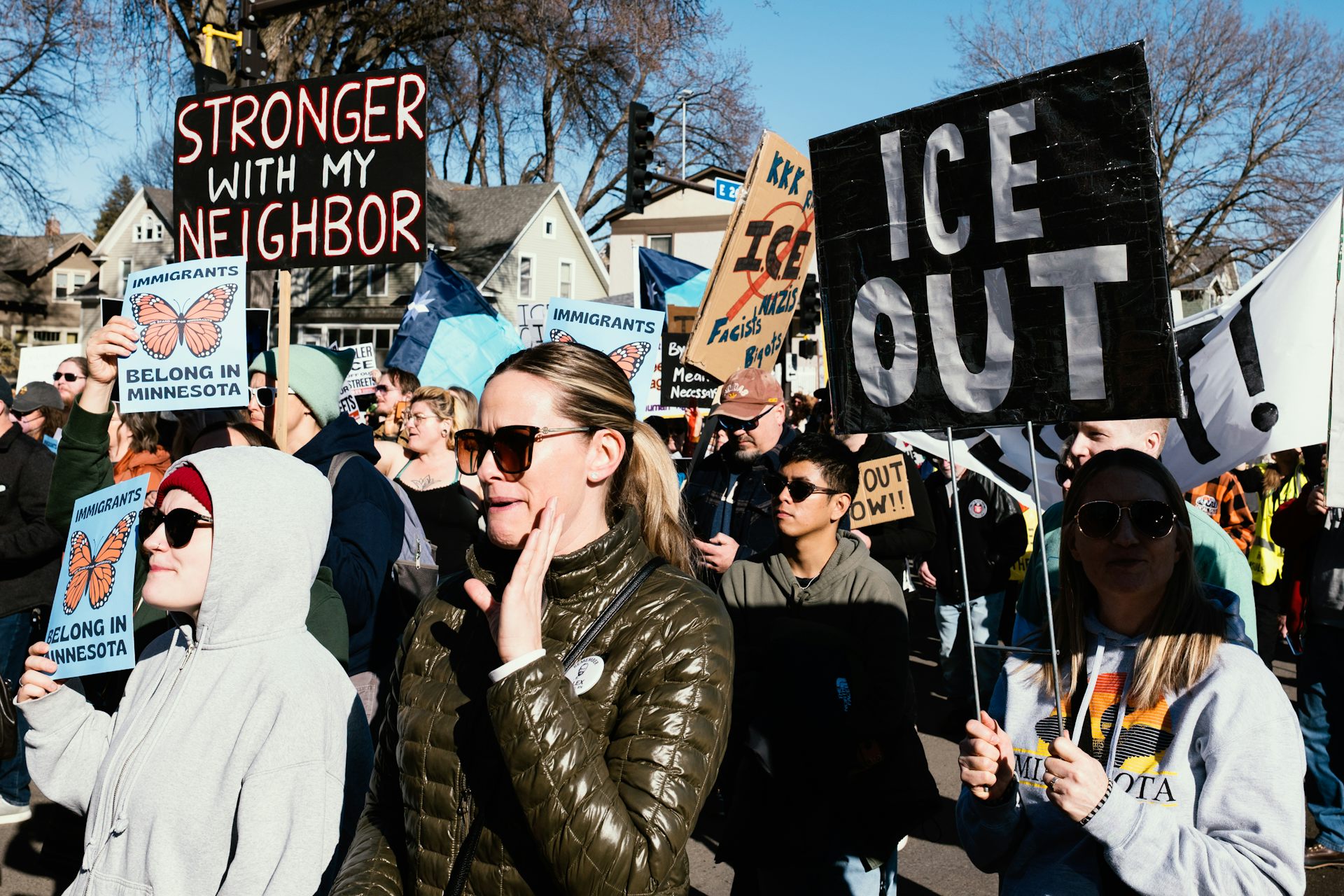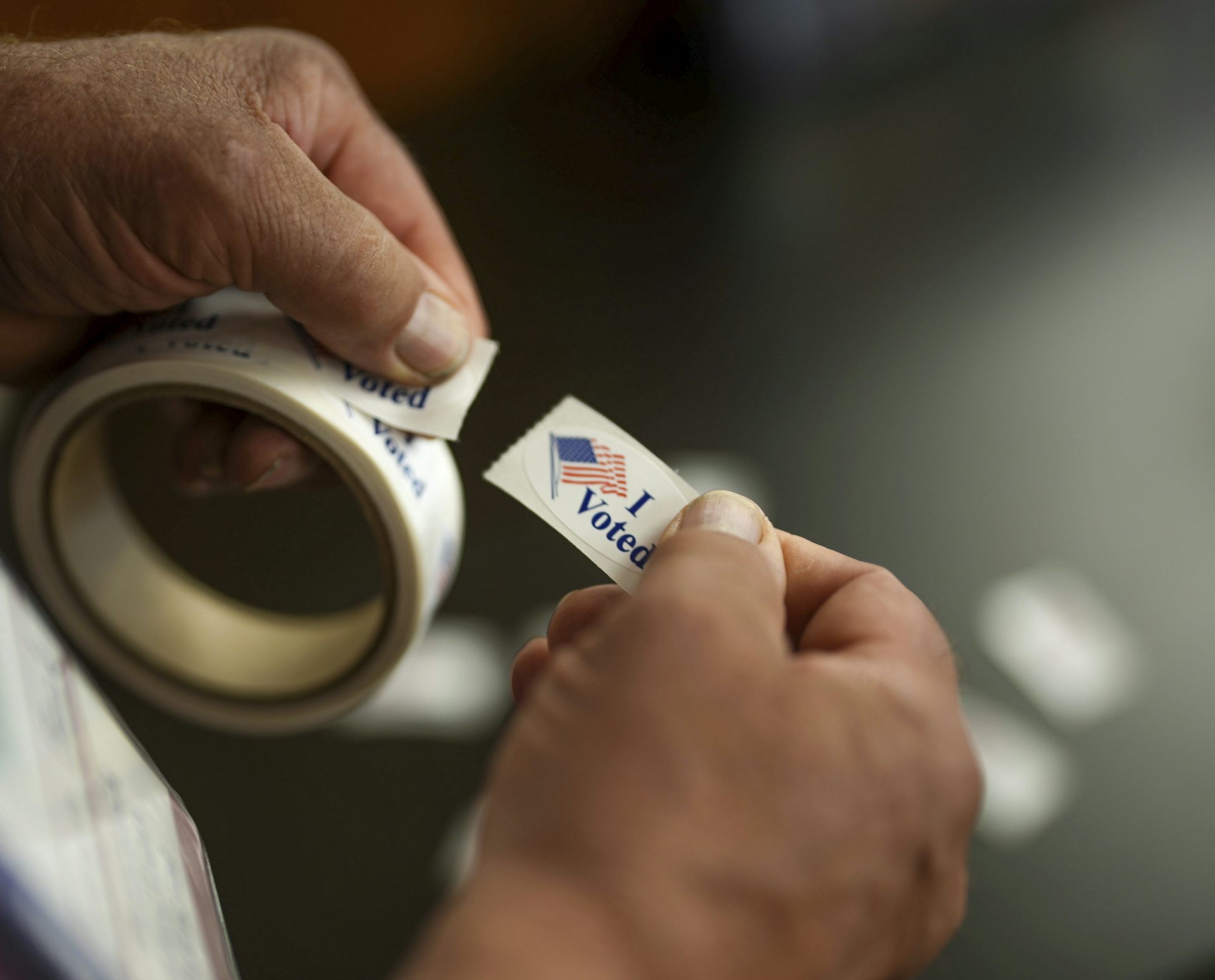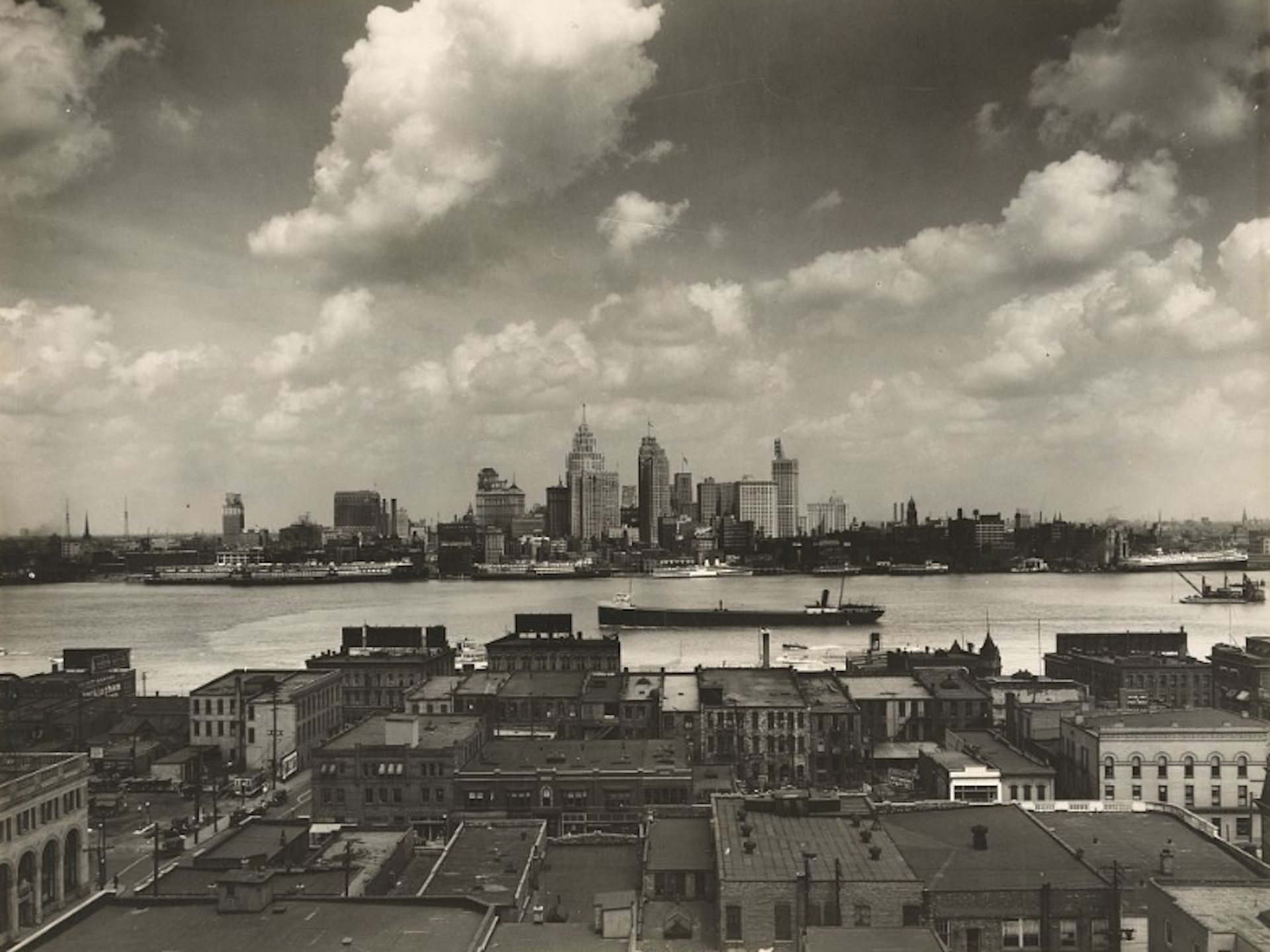Why do Americans say 'bay-zle' and the English say 'baa-zle'?
Accents differ depending on where we're from, even in the same country.


Curious Kids is a series for children of all ages. If you have a question you’d like an expert to answer, send it to CuriousKidsUS@theconversation.com.
Why do Americans say “bay-zle” and the English say “baa-zle”? – Sly M., age 6, Cambridge, Massachusetts
A person’s voice is like their fingerprint. Everyone talks differently, and everyone’s voice is unique.
Some of these linguistic differences are because of how our individual bodies are shaped, especially the size of our vocal cords and tracts.
Our families, our friends and other people in our communities also influence how we talk. I study language, literacy and culture, and I’ve found that how we use language – including accents – is a way of showing who we are.
Why we have accents
We develop different accents because of whom we interact with and where we grow up.
An accent is how a person sounds. Kids who grow up in Australia develop Australian accents. Kids who grow up in England develop British accents. And kids who grow up in the United States develop American accents. Everyone has an accent.
When we pick up on another person’s accent, it means we are identifying clues in their pronunciation that tell us something about who they are. These differences can be as small as a single sound, but we often spot them right away.
For example, in the U.S., the word “basil” is pronounced “bay-zle.” But in England, it is pronounced “baa-zle,” like the word “dazzle.” In the U.S., “schedule” is pronounced with a “sk” sound at the beginning, but in England, it’s pronounced with a “sh” sound.
There are also spelling differences, like “theatre” in England versus “theater” in the U.S., and word differences, like “aubergine” in England versus “eggplant” in the U.S.
Across the country
There are also linguistic differences within countries. Not all people from England sound the same, and the same goes for people from the U.S.
In my own research, I study differences in English spoken in the U.S. In the Great Smoky Mountains, you might hear the word “fire” pronounced like “far,” and “tire” pronounced like “tar.” In the U.S. South, the words “bide” and “ride” tend to sound more like “bad” and “rad.”
And in the city of Baltimore, you might hear some African American residents pronounce “dog” as “dug,” and “frog” as “frug.”
Even in a globally connected world, where it is easier to meet people from other countries than ever before, the way we talk still represents who we are.
So be proud of your vocal fingerprint. A kaleidoscope of languages and accents helps make our world a culturally rich and exciting place.
Hello, curious kids! Do you have a question you’d like an expert to answer? Ask an adult to send your question to CuriousKidsUS@theconversation.com. Please tell us your name, age and the city where you live.
And since curiosity has no age limit – adults, let us know what you’re wondering, too. We won’t be able to answer every question, but we will do our best.
Christine Mallinson receives funding from the National Science Foundation and the University of Maryland-Baltimore County.
Read These Next
Minneapolis united when federal immigration operations surged – reflecting a long tradition of mutua
Minnesotans from all walks of life, including suburban moms, veterans and protest novices, have bucked …
How to prevent elections from being stolen − lessons from around the world for the US
As President Trump and other Republicans cast doubt on the legitimacy of the US electoral system, other…
Why US third parties perform best in the Northeast
Many Americans are unhappy with the two major parties but seldom support alternatives. New England is…






